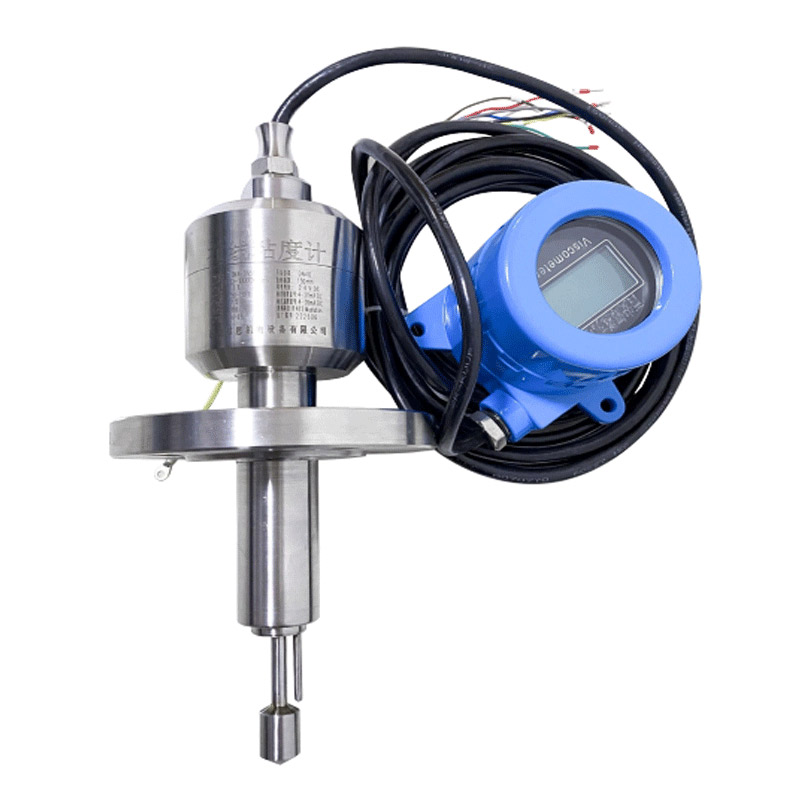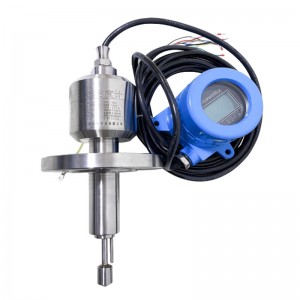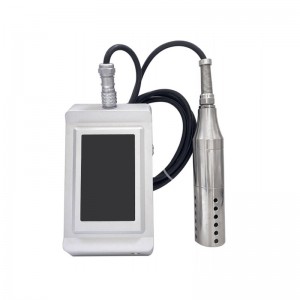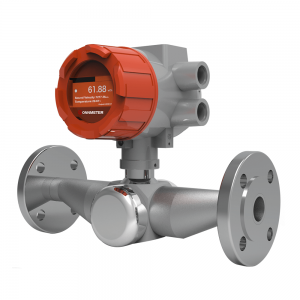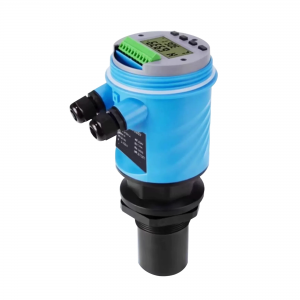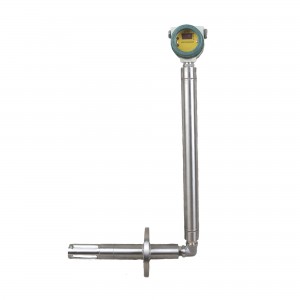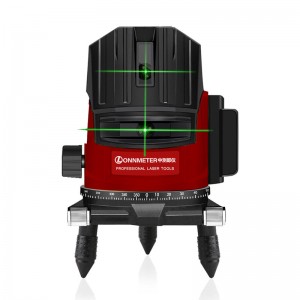Make measurement intelligence more accurate!
Choose Lonnmeter for accurate and intelligent measurement!
LONNMETER Industry Online Viscometer
product description
For stickiness, people can easily perceive it from familiar viscous liquids such as paste, glue, paint, honey, cream, and batter. In fact, all fluids (including water, alcohol, blood, lubricating oil, asphalt, dough, ointment, cosmetics, melted or softened plastic, rubber, glass, metal and even gas, etc.) are viscous. Because viscosity is the basic characteristic of fluid, that is to say, all fluids are viscous. Viscosity is the internal friction of a fluid, which is the property of a fluid against deformation (flow is one of the forms of deformation). Viscosity is the degree of stickiness and is a measure of internal friction or resistance to flow.
parameters
| Viscosity range | 1—1,000,000,cP | Environmental level | IP68 |
| Accuracy | ±3.0% | Power supply | 24V |
| Repeatability | ±1% | Output | Viscosity 4~20 mADC |
| Temperature measurement range | 0-300℃ | Temperature | 4~20 mADC Modbus |
| Temperature accuracy | 1.00% | Protection level | IP67 |
| Sensor pressure range | <6.4mpa | Explosion-proof standard | ExdIIBT4 |
| (Customized above 10mpa) | Calibration | standard sample solution | |
| Sensor temperature range | <450℃ | Viscosity unit | set arbitrarily |
| signal response time | 5s | Connect | Flange DN4.0, PN4.0, |
| Material | 316 stainless steel (standard) | Threaded connection | M50*2 user optional |
| Optional other material handling | Flange standard | HG20592 | |
| standard | Highly polished with Teflon coating | ||
Write your message here and send it to us


